Cornell University announced a settlement with the Trump administration on Friday, becoming the fifth university under investigation by the US government to do so.
The agreement will see more than $250m in federal research funding restored. In exchange, the university will share admissions data with the government, pay $30m and invest $30m more in research programs benefiting farmers – a reflection of the university’s longstanding record of agricultural research. The university also agreed to continued to “evaluate the campus climate”, particularly for Jewish students and affirmed the Trump administration’s interpretation of civil rights laws, which views diversity initiatives as unlawful race-based discrimination.
The administration’s deal with Cornell – a private, Ivy League university in upstate New York – follows earlier ones with Columbia, Brown, the University of Pennsylvania, and the University of Virginia. Those agreements – in particular Columbia’s – drew widespread accusations of government overreach and criticism of university’s “capitulation” to Trump’s bullying tactics in the service of his campaign to overhaul higher education in his ideological image.
It comes as several universities have turned down an offer by the administration to join a “compact” that would grant them preferential access to federal funding in exchange for a series of concessions aligning university policy with the administration’s anti-diversity priorities. On Friday, hundreds of students and faculty across the country protested to call on university’s leaders to reject Trump’s compact and take a more forceful stance against the administration’s unprecedented assault on universities’ independence.
Cornell’s new president, Michael I Kotlikoff, defended the university’s decision and said that that the deal allows it to preserve its independence.
“The agreement explicitly recognizes Cornell’s right to independently establish our policies and procedures, choose whom to hire and admit, and determine what we teach, without intrusive government monitoring or approvals,” he wrote in a statement. “In short, it recognizes our rights, as a private university, to define the conditions on our campuses that advance learning and produce new knowledge.”
The Trump administration has seized on allegations of antisemitism on campus after mass student protests against Israel’s war in Gaza as a pretext to place dozens of universities under investigation, turning landmark anti-discrimination legislation into a tool to force universities into reforms that span well beyond tackling antisemitism.

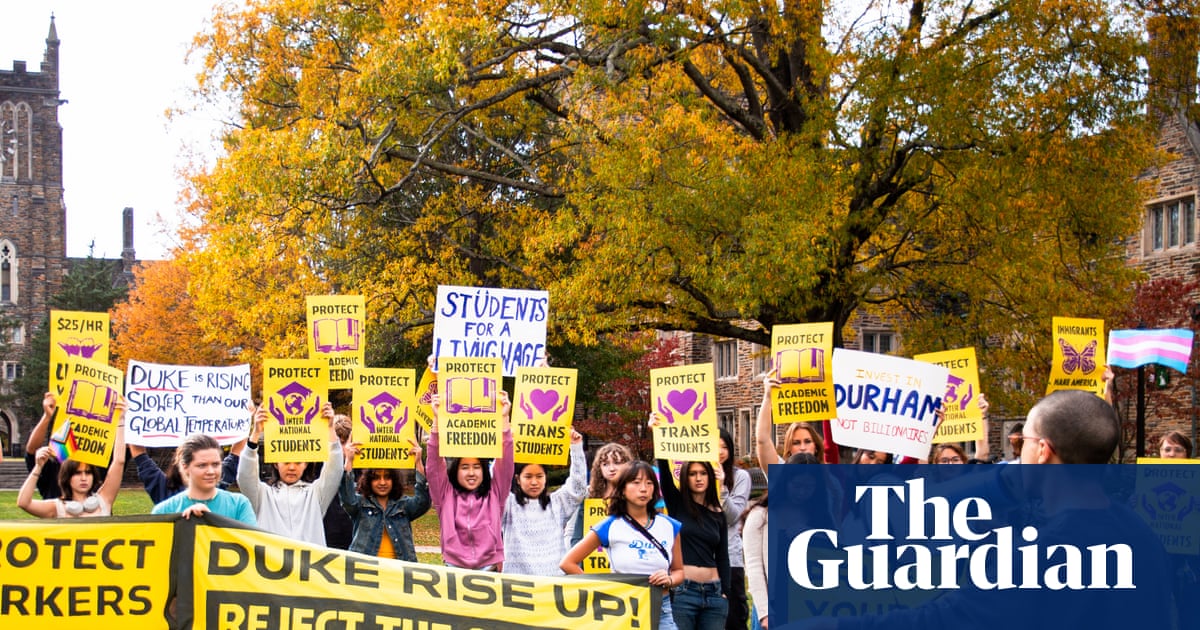

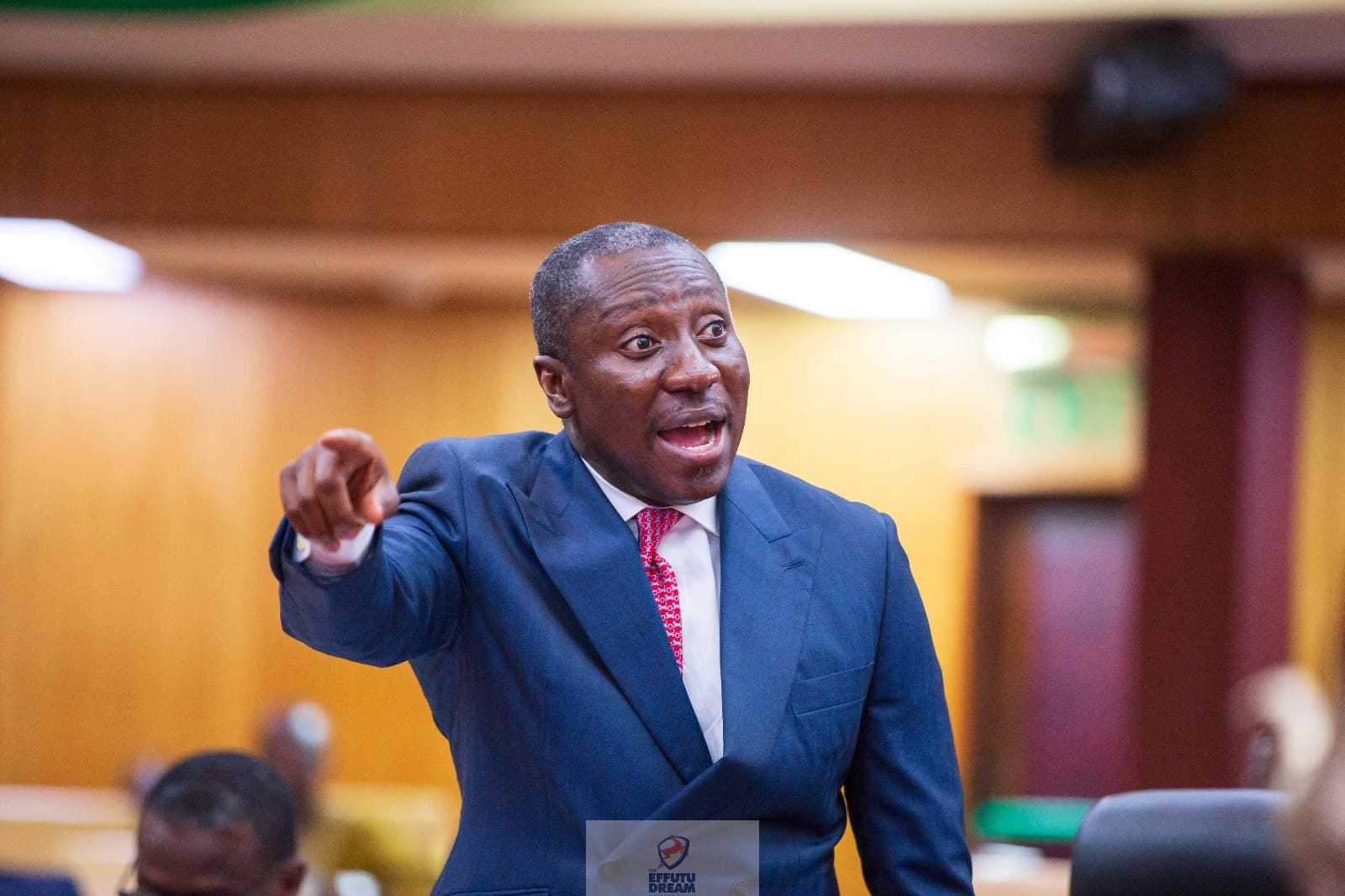
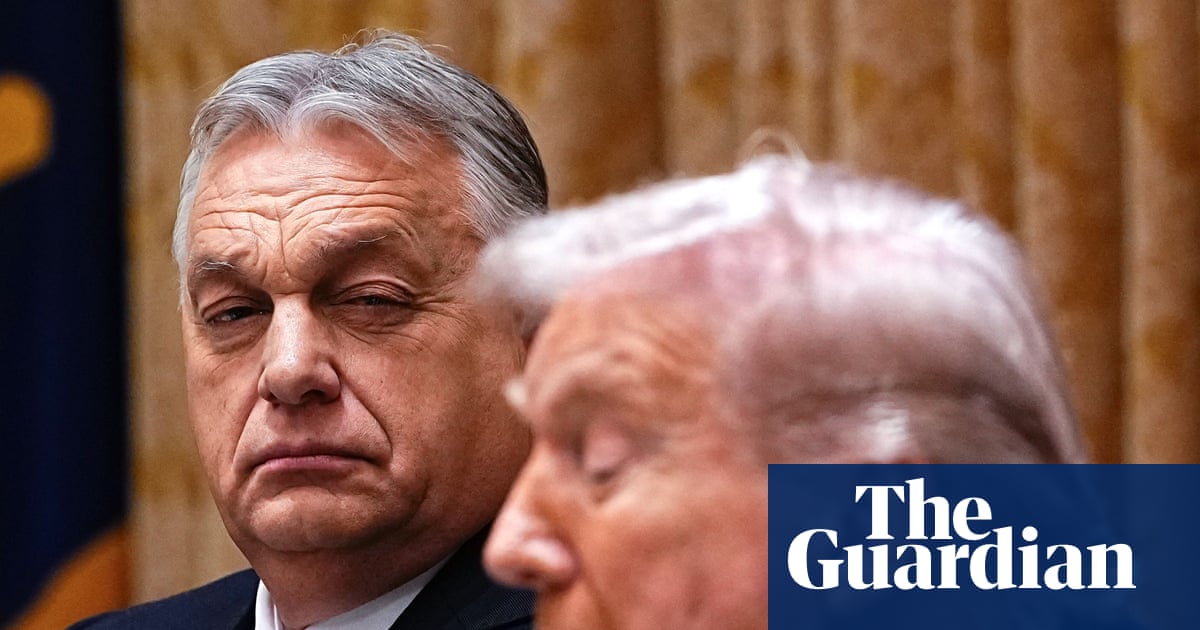
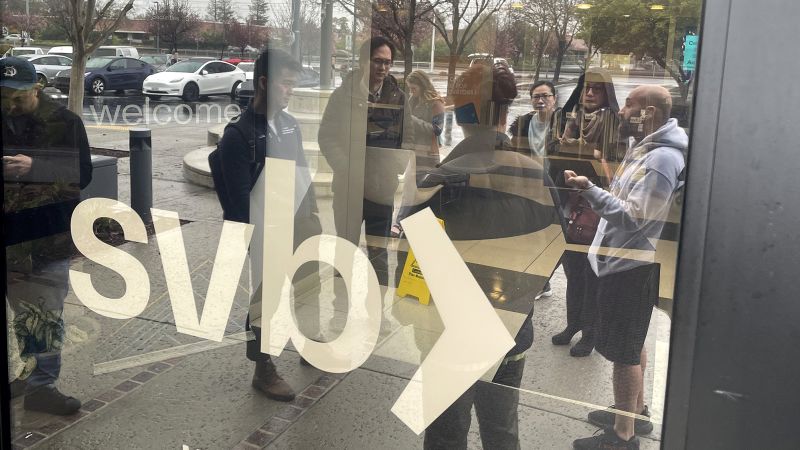

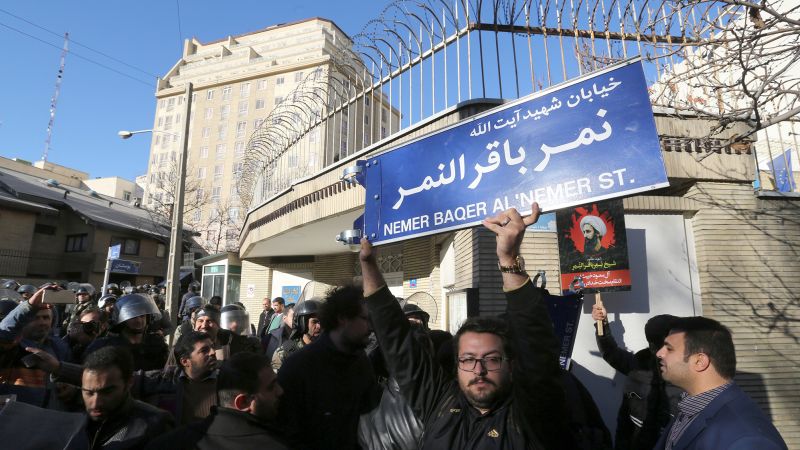
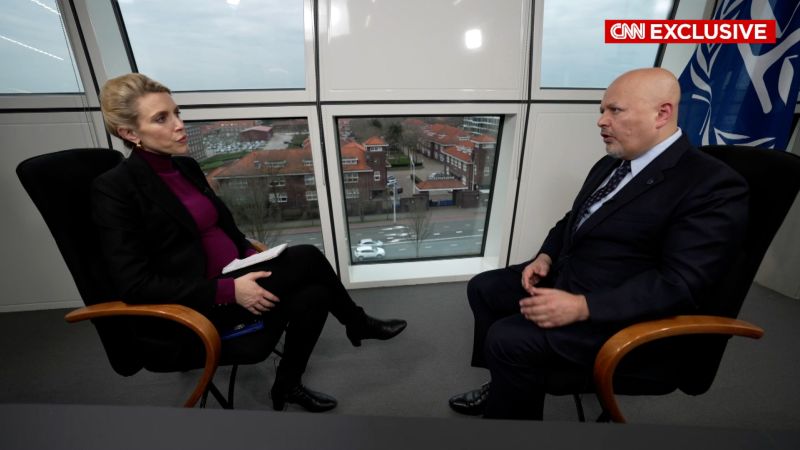
 English (US)
English (US)